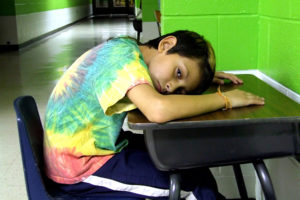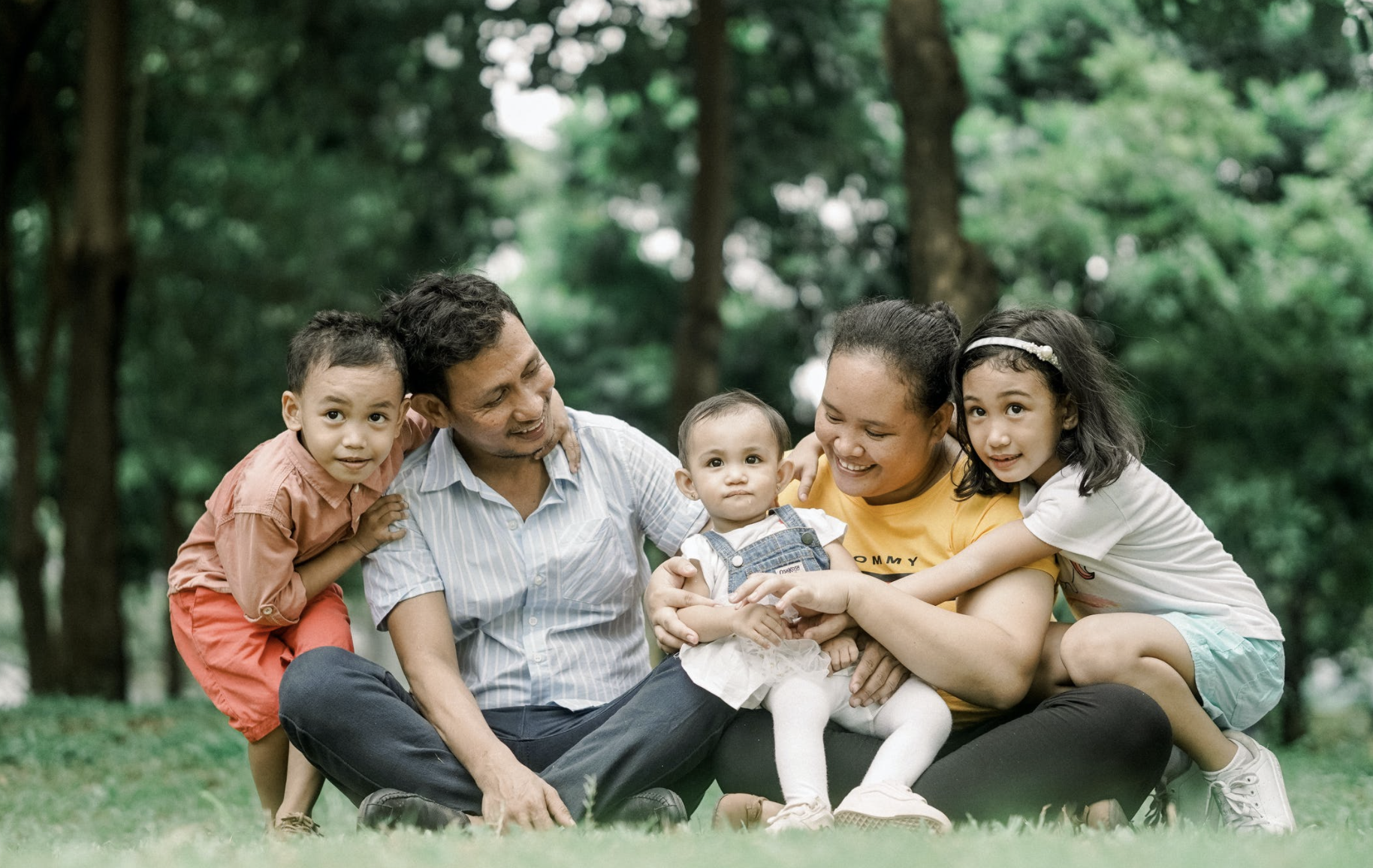We can open up the possibility to connect with families in real, lasting ways


I was talking to my friend, a kindergarten teacher, last week. She was sharing with me the challenges of teaching virtually while we were planning a virtual family engagement event. She was certain she could not do the work without the support of parents. “I feel like I am team teaching with parents this year,” she said. I wondered why we, teachers and parents, don’t feel that urgency to connect with the same kind of partnership, pandemic or not.
I am a teacher. My husband is a teacher. Most of my friends are teachers and yet, in advance of a school conference for my own children, I felt vulnerable and small. I am not alone. Conferences are not only a meeting between teacher and parent to discuss a child’s progress. Conferences can be perceived by many parents as meetings to evaluate a parent’s ability to parent. No wonder parents come in defensive.
I am an educated professional. I own a home and two cars. It has been a long time since I have needed to check prices at the grocery store before I purchase an item. I have clothes to wear even when the laundry has piled up. Even so, I still fret over what to wear when I attend a function at school. I want to fit in when I walk into a school, and I do.
Imagine the parent for whom a conference has been scheduled, but who does not have the financial ability to even consider attending. What if they have no way to get there? Do they take a taxi? Is public transportation an option? If the parent does manage to get to school, how many times are they asked for money before the conference starts? Join PTA! Pick up a fundraising packet! Stop by the book fair!
If and when that parent comes to school, we often skip the pleasantries to report data and behavior concerns to them. We may speak a language they do not understand and ignite a feeling of inadequacy in them. They leave doubting why they came. What would happen at a parent-teacher conference if we led with relationships rather than data? Here are four ideas for a more welcoming, more successful parent-teacher conference:
Each new school year provides the opportunity to engage with families in real, human ways. When we connect with one another through a lens of caring for the children we share and are willing to meet parents where they are, we open up the possibility to connect with families in real, lasting ways. Loosely translated, the Sanskrit greeting namaste has taken on the meaning of “I see the best in you.” When I meet parents for the first time, I think Mamaste or Papaste, grounding myself in a space of respect for who they are and what they bring to our relationship.
—
For over thirty years, I have worked side by side with parents, families, educators, and businesses helping to connect people and build stronger, more vital communities. People inspire me and have driven my educational and career choices. I have a BSW and a Parent Education license from Winona State University, a master’s degree in Education from University of Wisconsin–LaCrosse, and a master’s degree in Early Childhood Public Policy and Advocacy from Walden University.
My work takes me to all sorts of places, schools, community groups, churches, businesses, conventions, and conferences. For me, a great day includes speaking to small or large groups of people who like to learn and love to laugh. People learn best when they are engaged in a powerful story that challenges their thought process and touches their emotions. No one loves to tell a story more than I do.